Voritrol
✅ Treats fungal infections
✅ Targets wide spectrum fungi
✅ Enhances antifungal efficacy
✅ Reduces infection severity
✅ Promotes faster recovery
Voritrol contains Voriconazole.
Product Overview
Voritrol is a medication containing the active ingredient Voriconazole (200mg), formulated as a tablet. It belongs to the class of antifungal medications known as triazoles. Voritrol is commonly prescribed to treat various fungal infections, including invasive aspergillosis, candidemia in non-neutropenic patients, and esophageal candidiasis.
Uses
Voritrol is primarily used to treat serious fungal infections caused by susceptible strains of fungi. It is effective against a wide range of fungal species, including Aspergillus and Candida. Voritrol works by inhibiting the synthesis of ergosterol, a key component of fungal cell membranes, thereby disrupting fungal cell growth and replication.
How to Use
Voritrol tablets should be taken orally, with or without food, as directed by your healthcare provider. Swallow the tablet whole with a full glass of water. Do not crush, break, or chew the tablet, as it may affect the medication’s efficacy. Follow the prescribed dosage and duration of treatment carefully to achieve the best results.
How it Works
Voritrol works by inhibiting the activity of the enzyme lanosterol 14-alpha-demethylase, which is essential for the synthesis of ergosterol in fungal cell membranes. Without ergosterol, the integrity and function of the fungal cell membrane are compromised, leading to cell death. This mechanism of action makes Voritrol highly effective against various fungal infections.
Dosage and Administration
The dosage of Voritrol depends on the type and severity of the fungal infection being treated, as well as the patient’s medical condition and response to treatment. It is typically administered as a loading dose followed by maintenance therapy. Dosage adjustments may be necessary in patients with liver or kidney impairment. Always consult your healthcare provider for personalized dosing instructions.
Benefits
- Effective treatment for serious fungal infections
- Broad-spectrum antifungal activity
- Convenient oral tablet formulation
- Well-tolerated in most patients
Common Side Effects
Common side effects of Voritrol may include nausea, vomiting, diarrhea, headache, and visual disturbances such as blurred vision or color changes. These side effects are usually mild to moderate and transient, resolving with continued use or upon discontinuation of the medication. However, if any side effects persist or worsen, notify your healthcare provider promptly.
Warnings
Voritrol may cause serious adverse reactions, including hepatotoxicity (liver damage), QT prolongation (a type of abnormal heart rhythm), and severe skin reactions. It may also interact with other medications, including certain antifungal agents, antibiotics, and anticonvulsants. Inform your healthcare provider about all medications you are taking before starting Voritrol therapy.
Storage Information
Store Voritrol tablets at room temperature, away from moisture and heat. Keep the medication out of reach of children and pets. Do not use Voritrol after the expiration date printed on the packaging. Properly dispose of any unused or expired medication according to local regulations.
Disclaimer:
Our sole intention is to ensure that its consumers get information that is expert-reviewed, accurate, and trustworthy. However, the information contained herein should NOT be used as a substitute for the advice of a qualified physician. The information provided here is for informational purposes only. This may not cover all possible side effects, drug interactions, or warnings or alerts. Please consult your doctor and discuss all your queries related to any disease or medicine. We intend to support, not replace, the doctor-patient relationship.
| Strength | 200 mg |
|---|---|
| Quantity | 4 Tablet/s, 8 Tablet/s, 12 Tablet/s, 24 Tablet/s |
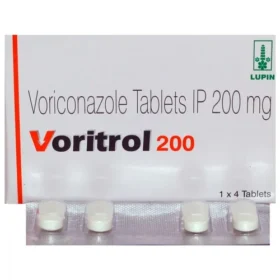 Voritrol
Voritrol










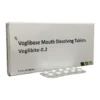
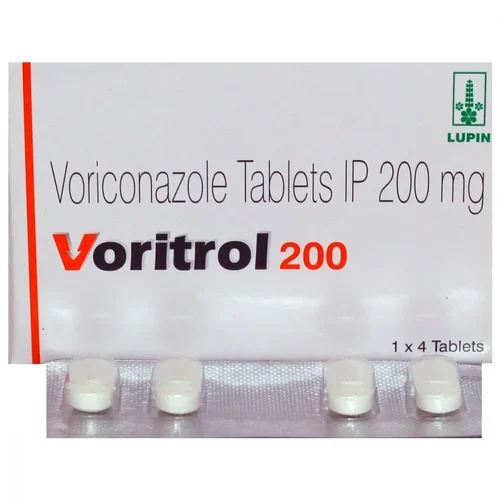
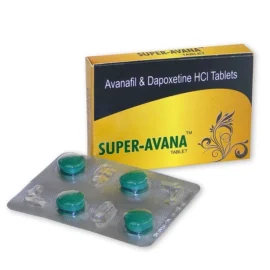
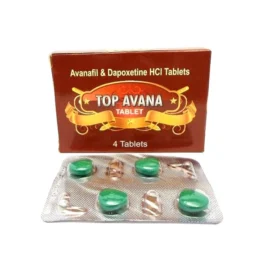
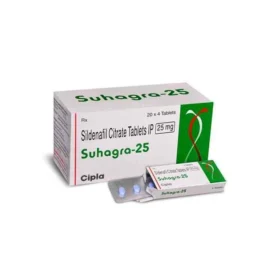
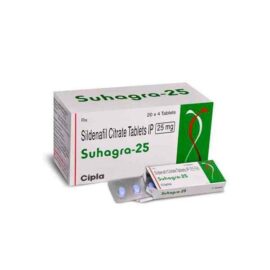
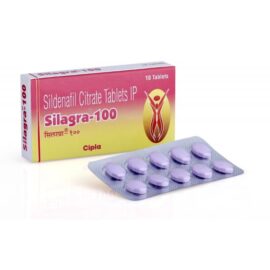
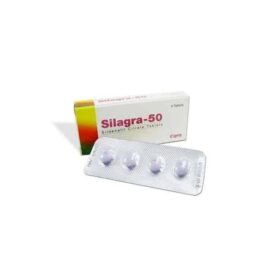
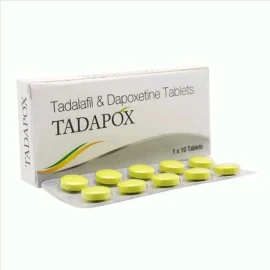
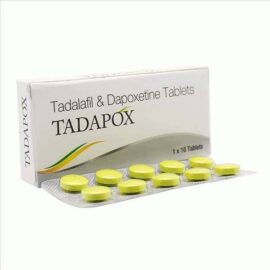
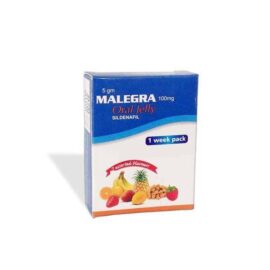

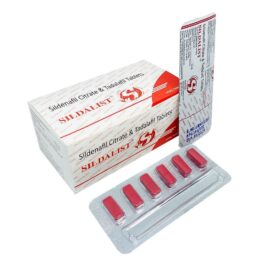
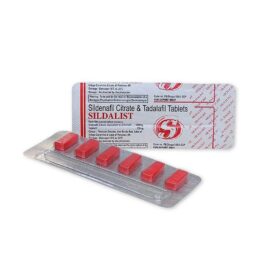
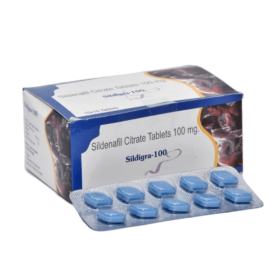
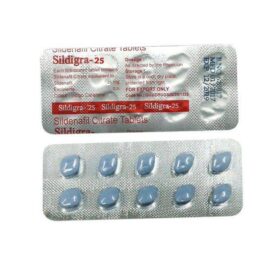
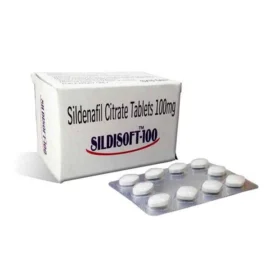
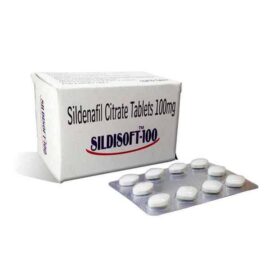
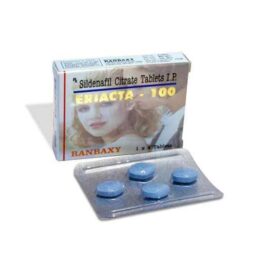
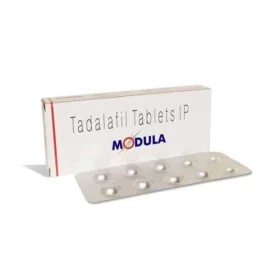
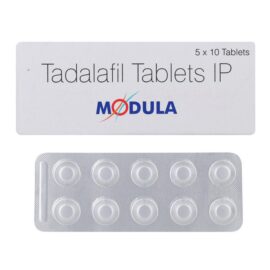
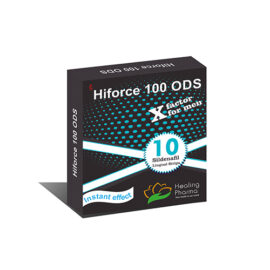
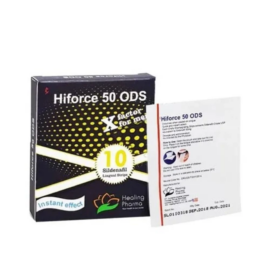
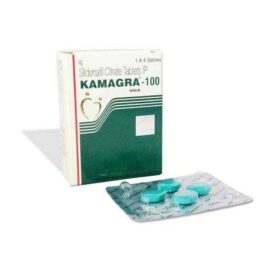
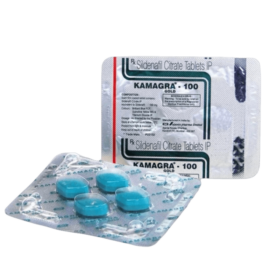
Reviews
There are no reviews yet